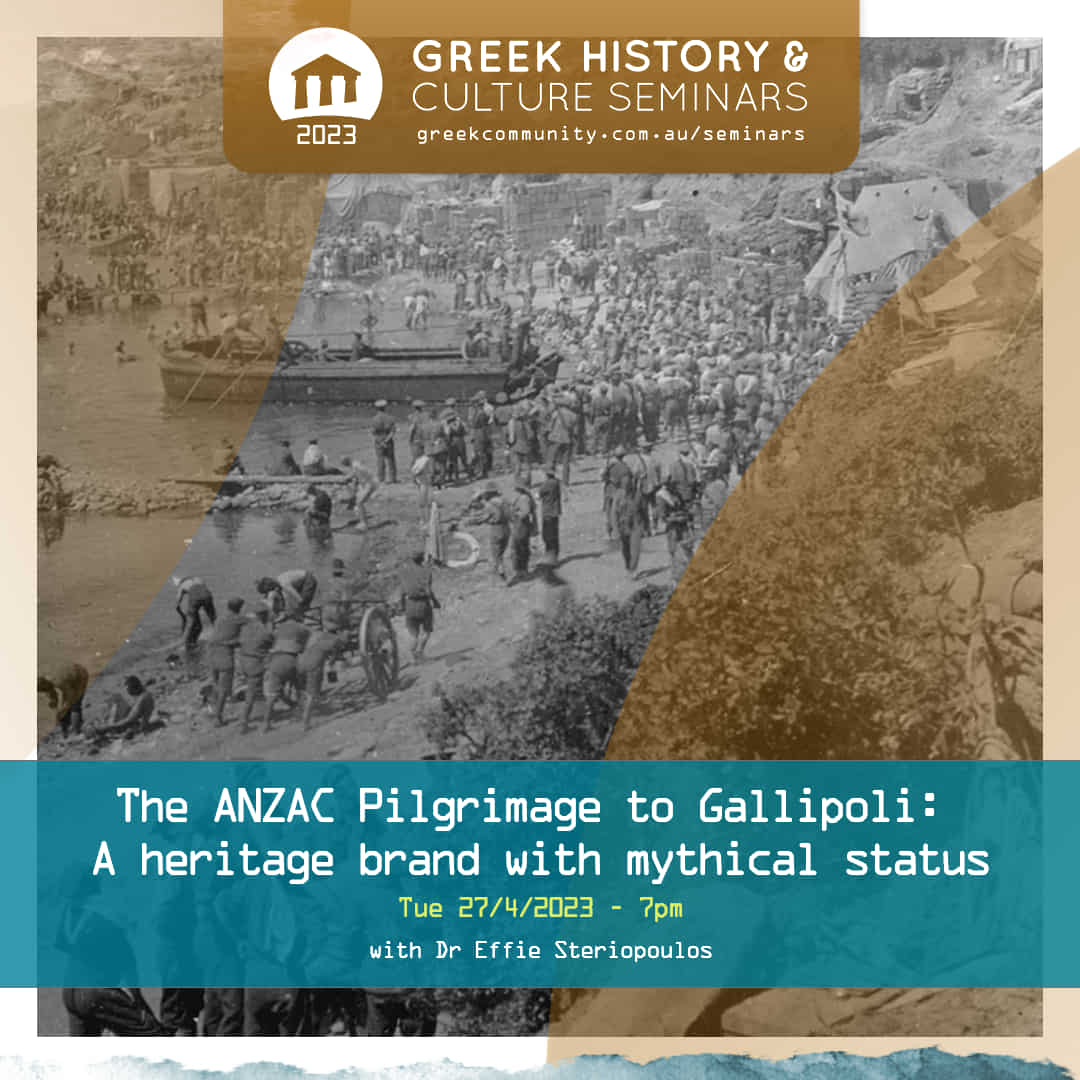Synopsis
ANZAC (Australian and New Zealand Army Corps), carries heritage and brand myth value. In the last 30 years a resurgence in thousands of Australians attending pilgrimage experiences to Gallipoli provoked a renewed interest among researchers to explore the phenomenon. In her PhD thesis Effie argues the ANZAC experience is transformative and based on a co-creative process among key players of the experience. Her PhD contributes a new transformative brand experience (TBE) model which validates new directions in the visitor engagement with destination brands and the pathway towards destination brand loyalty. Effie’s theoretical model reveals: a) the key elements that contribute towards transformation, namely, authenticity, sensory experience, emotional engagement and reflective learning; and b) the transformation process that consumers need to undergo from brand knowledge to loyalty when engaging with heritage destination brands. The model also helps brand managers design transformative experiences as part of their strategy when renewing the visitor – destination brand relationship. The current developments in Lemnos with the ANZAC tourism trail is an example where the TBE model can be applied. To enhance the visitor experience in Lemnos, it is necessary to combine all elements (authentic, sensory, emotional and reflective) during a personalised or small group experience. This further can be enhanced by expert tour guides and knowledge creators who can highlight the role of Lemnos during the heritage and transformative experience. Based on findings from the Gallipoli experience, Lemnos can also be further developed to offer the personalised transformative experience that consumers seek during heritage consumption. The presentation highlights how the model of transformative brand experience (TBE) can be applied in similar heritage experiences to understand personal transformation and visitor relationship with the destination brand.
|



